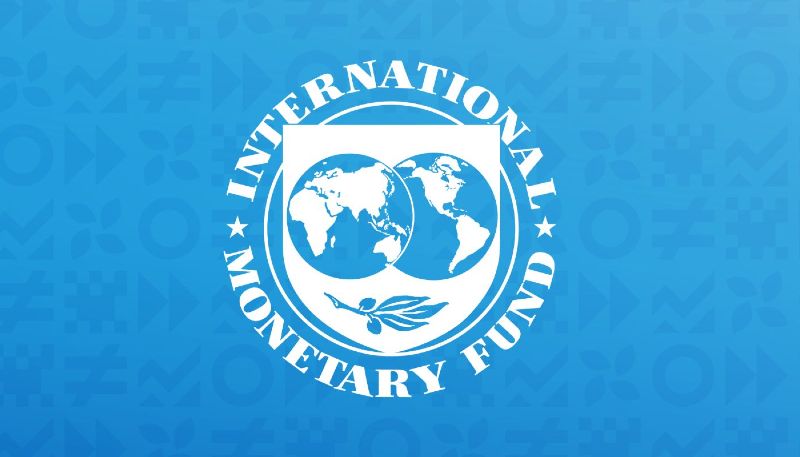Staff Correspondent
Published:2022-11-03 22:42:25 BdST
IMF asks about fate of rental power plants
The visiting International Monetary Fund (IMF) delegates have asked officials about the government’s plans over rental and quick rental power plants in the future, an official of Energy, Power and Mineral Resources Ministry said.
In a meeting with the Power Division, officials told the visiting IMF delegation that the Awami League government had approved several rental and fast rental power plants in 2009 to raise instant power supply when there was an acute power crisis.
At that time, two-year rental and quick rental power plants were approved, but later the period was kept on extending. The government has spent about Tk 90,000 cores in 11 years as ‘capacity charges’ for these rent-based power centers. This is putting a strain on the country’s foreign exchange reserves which is creating shock in the economy.
The IMF then asked about the government’s plans regarding rental and quick rental power plants, in the future.
A delegation led by Rahul Anand, head of the Asia and Pacific Division of the IMF, has been meeting with various government departments since October 26 and will have more meetings until wrapping up their trip on November 9. Bangladesh has asked the Fund for a loan of $ 4.5 billion dollars in July to support its national budget.
Md. Habibur Rahman, Secretary to the Power Division of the Ministry of Power, Energy and Mineral Resources led the Bangladesh side in the meeting that was held at the Secretariat.
The delegation also held a meeting with the Ministry of Commerce officials on the same day. Tapan Kanti Ghosh, senior secretary to the Ministry of Commerce, led his ministry.
Power Division Secretary Md. Habibur Rahman said, “The IMF wanted to know about renewable energy and the government’s plan about the rental power plants.”
They also wanted to know about the overall electricity situation in the country. They have been given a comprehensive response on these matters, he said.
To raise power supply in 2010, the Awami League government had approved several rental and fast rental power plants that earned fame for them. To this end, ‘Rapid Increase in Supply of Electricity and Energy (Special Provisions) Act’ was also enacted. Initially, this law was made effective for two years, but later the period was extended several times.
Due to these power plants, the country’s forex reserve has also been under pressure for the last seven to eight years.
According to the latest data, there are currently a total of 18 rental and quick rental power plants in the country. Out of these 10 power plants are running on ‘No Electricity No Payment’ policy. The remaining eight are being operated as usual. That means they are entitled to all types of expenses including their capacity charges. Even if the government does not buy electricity from these power plants, the government has to pay for the scaffolding. This is what a capacity charge is.
Meanwhile, the government spends an average of Tk 7 per unit for power generation in a typical power plant. And, in these rent-based centers, each unit of electricity generation costs the government about Tk 17.
Meanwhile, in February last year, the United Nations Committee for Development Policy (CDP) recommended the name of Bangladesh for the transition from the least developed country to a developing one. As a result, Bangladesh will economically graduate in 2026. But due to this transition, Bangladesh will also have to face new challenges even though its status would get upgraded.
And, as a consequence, some benefits enjoyed as LDC for a long time will automatically be cancelled creating a challenge for foreign trade.
In this context, it was informed by the Ministry of Commerce---in another meeting with the IMF--- that currently almost 80 percent of exports come from ready-made garments. But in the future, the government is going to pay importance to various industries including electronics, processed food, and leather and will put emphasis on diversification of export products.
It is also said by the Ministry of Commerce that Bangladesh has already made a preferential trade agreement (PTA) with Bhutan and Nepal to increase the export of goods. Besides, negotiations are going on to make preferential trade agreements with India, Japan and Singapore.
Additional Secretary to the Ministry of Commerce WTO Cell (Director General) Md. Hafizur Rahman said, “The IMF delegation wanted to know about the preparation of the government for facing the challenges of transition from LDC to a developing nation. The commerce ministry responded accordingly.”
Unauthorized use or reproduction of The Finance Today content for commercial purposes is strictly prohibited.


